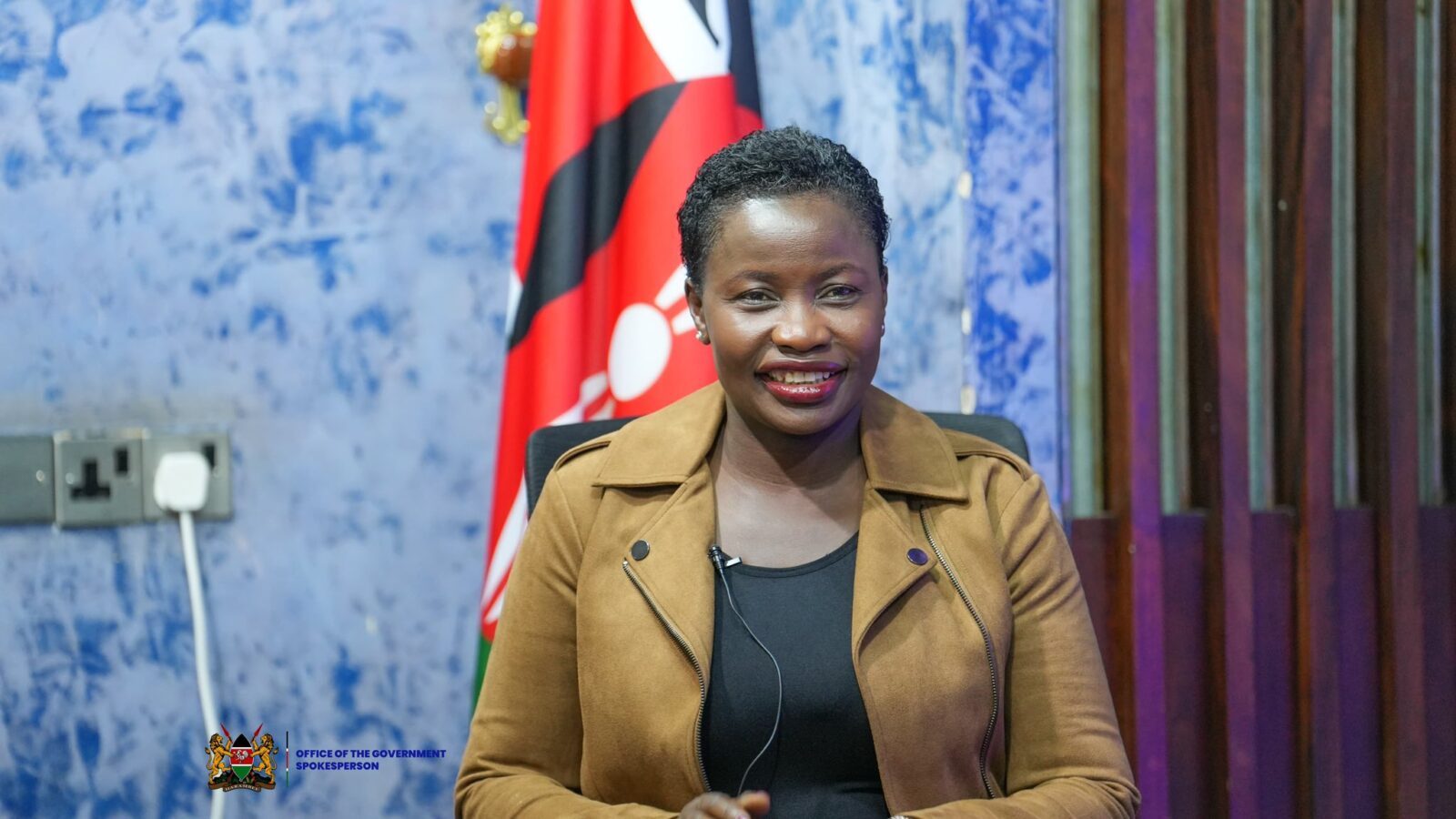Just a week after Nairobi County Finance CEC Charles Kerich unveiled a KSh 44.6 billion budget for the 2025/2026 financial year and days after the county recorded a historic KSh 13.8 billion in revenue without introducing new taxes many are asking: how does Governor Sakaja plan to achieve this ambitious target?
Speaking after tabling the budget in the Nairobi County Assembly, CEC Kerich outlined a series of strategies the Sakaja administration will use to raise the required funds.
To begin with, Kerich said the Regularisation of Illegal Developments Bill, which was passed last week and is expected to be assented to by the Governor, provides a legal framework for developers who built without approval to obtain formal recognition.
“This will provide a pathway for buildings already constructed to be approved and brought into the formal system. We expect to raise at least KSh 5 billion through this,” Kerich explained.
In addition, he noted that in partnership with the National Government, Nairobi County will roll out sectional property titles this financial year.
“This initiative will unlock property ownership and enhance compliance. From this, we expect revenue of not less than KSh 2 billion,” Kerich said.
The County will also introduce fines for non-compliance, urging Nairobians to pay for their business permits and services on time. Kerich explained that many existing fees and charges lacked enforcement mechanisms.
“We are not increasing the cost of services, but we will now introduce penalties for non-compliance. This ensures accountability without overburdening residents,” he said.
Moreover, the County has embarked on a comprehensive mapping of all land parcels, buildings, and businesses across Nairobi to expand the tax base.
“This will help us bring more people into the revenue system and reduce reliance on a few compliant entities,” Kerich added.
Governor Sakaja has also introduced reforms to simplify payments through digital platforms. Kerich said this move will help more people access and pay for services conveniently.
“We want to make it easier for residents and businesses to pay for services by investing in more open and accessible platforms. This will improve compliance and reduce the cost of doing business in Nairobi,” he said.
Nairobi County hopes to not only meet its revenue target but also deliver better services to its residents.












